| Model: | MOS 50-14-6 |
| Brand Name: | MOSINTER |
| CAS No.: | 50-14-6 |
| Name: | Vitamin D2 |
| Safety Descriptio: | S28A:; S36/37:; S45:; |
| Molecular weight: | 396.6484 |
| Molecular formula: | C28H44O |
| Refractive index: | 1.53 |
| Melting point: | 115-119℃ |
| Hazard Symbols: | T+:Very toxic; |
| Risk Codes: | R24/25:; R26:; R48/25: |
- Have any questions?
- +86-189 8930 5995
- sales@mosinterchem.com.cn
Vitamin D2 CAS 50-14-6

Tecentriq CAS 1380723-44-3
05/12/2018
VH CAS 58-85-5
05/12/2018Vitamin D2 (CAS: 50-14-6)
| ITEM | SPECIFICATION | INDEX |
| Appearance | White powder, soluble in water | Complies |
| Differentiate | Positive reaction | Positive reaction |
| Particle Size | 95% pass through sieve No.3 | Complies |
| Loss on drying | ≤ 13% | 9.4% |
| Arsenic | ≤ 0.0001% | Complies |
| Heavy metal | ≤ 0.002% | Complies |
| Content | 90.0% ~ 110.0% of label C28H44O content | 101.0% |
Ergocalciferol may be used as a vitamin D supplement, and a 2011 clinical guideline considered it to be
as effective as cholecalciferol (vitamin D3) which is produced naturally by the skin when exposed to
ultraviolet light. It is manufactured and marketed under various names, including Deltalin (Eli Lilly
and Company), Drisdol (Sanofi-Synthelabo) and Calcidol (Patrin Pharma).
Alfalfa (Medicago sativa subsp. sativa), shoot: 4.8 μg (192 IU) vitamin D2, 0.1 μg (4 IU) vitamin D3
Ergocalciferol is produced in fungi synthetically through irradiation of ergosterol.Human bioavailability
of vitamin D2 from vitamin D2-enhanced button mushrooms via UV-B irradiation is effective in improving
vitamin D status and not different from a vitamin D2 supplement. Vitamin D2 from UV-irradiated yeast baked
into bread is bioavailable. By visual assessment or using a chromometer, no significant discoloration of irradiated
mushrooms, as measured by the degree of “whiteness”, was observed.Claims that a normal serving of mushrooms
treated with ultraviolet light provides the equivalent of 3,500 International Units of vitamin D when exposed to
ultraviolet light after harvest have gained popular attention.
Research concerning efficacy of vitamin D2 and D3
Some preliminary studies indicate D3 is more potent, while others report equal efficacy. Both forms appear to have
similar efficacy in ameliorating rickets and reducing the incidence of falls in elderly patients.
The metabolism of each appears to be different, with the vitamin D binding protein possibly having greater affinity
for 25(OH)D3 than for 25(OH)D2, as shown in one study. Cholecalciferol (vitamin D3) is sensitive to UV radiation
and rapidly, but reversibly, forms other sterols which can further irreversibly convert to ergosterol.
Preliminary research
One study found low vitamin D2 levels in patients with Alzheimer’s disease, but this observational study did not
prove cause or effect related to ergocalciferol and vitamin D2 deficiency in the diet.
You must be logged in to post a review.
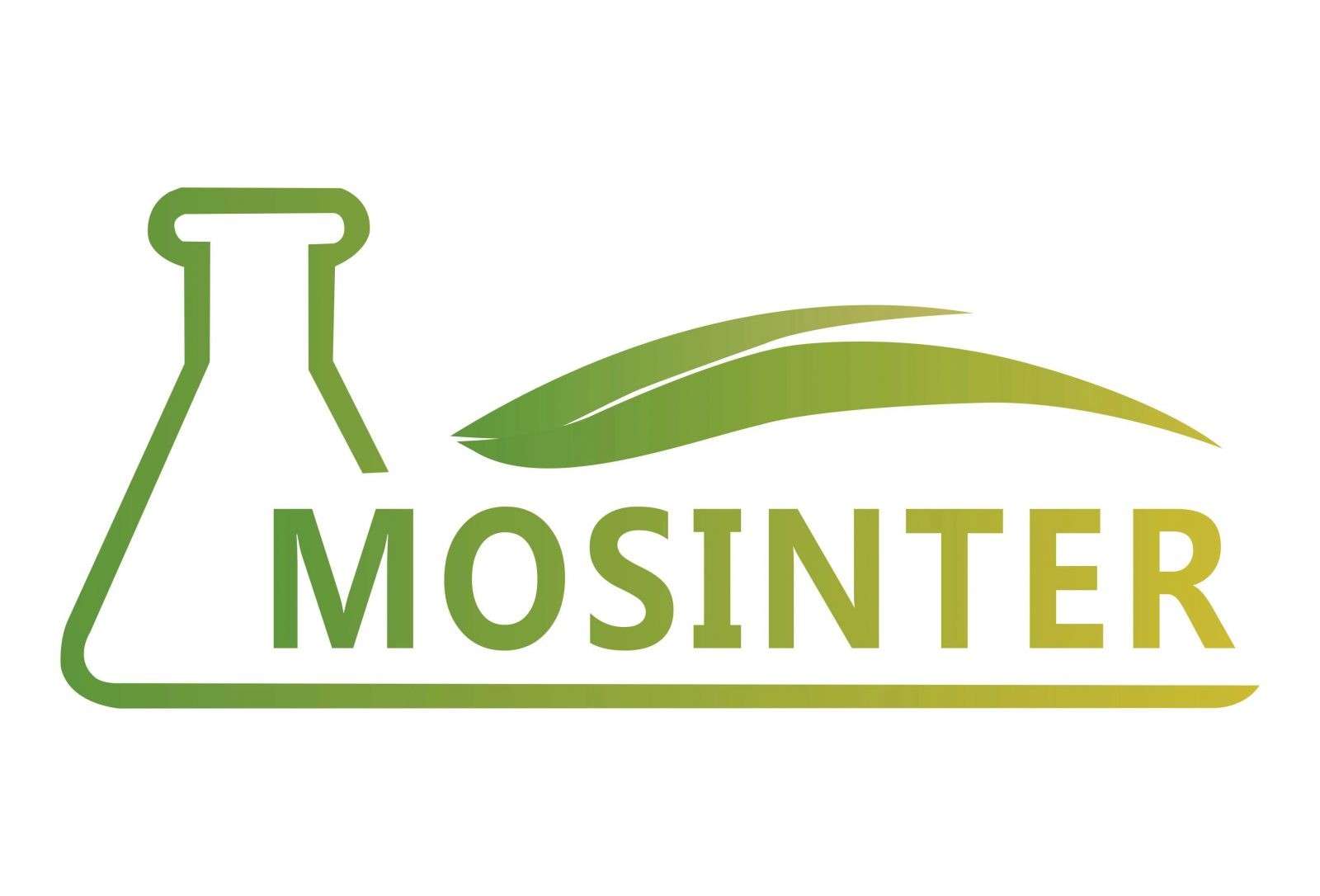
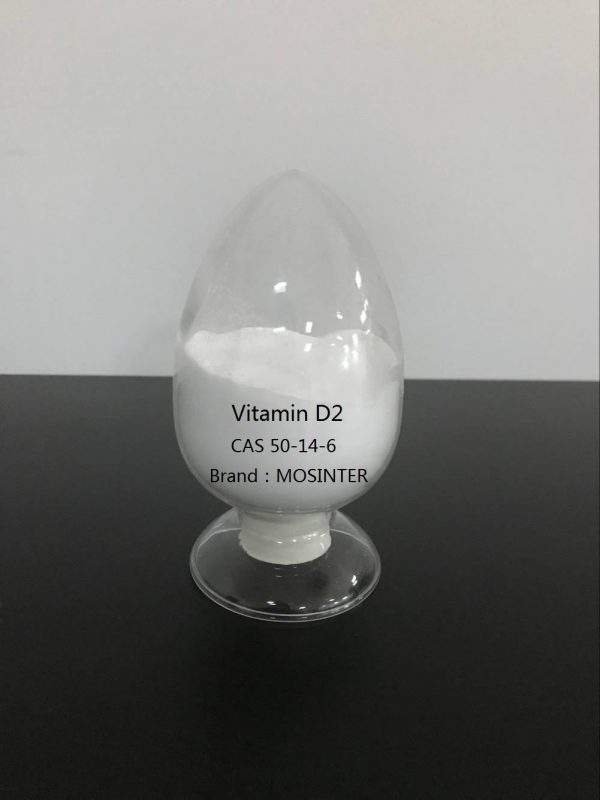
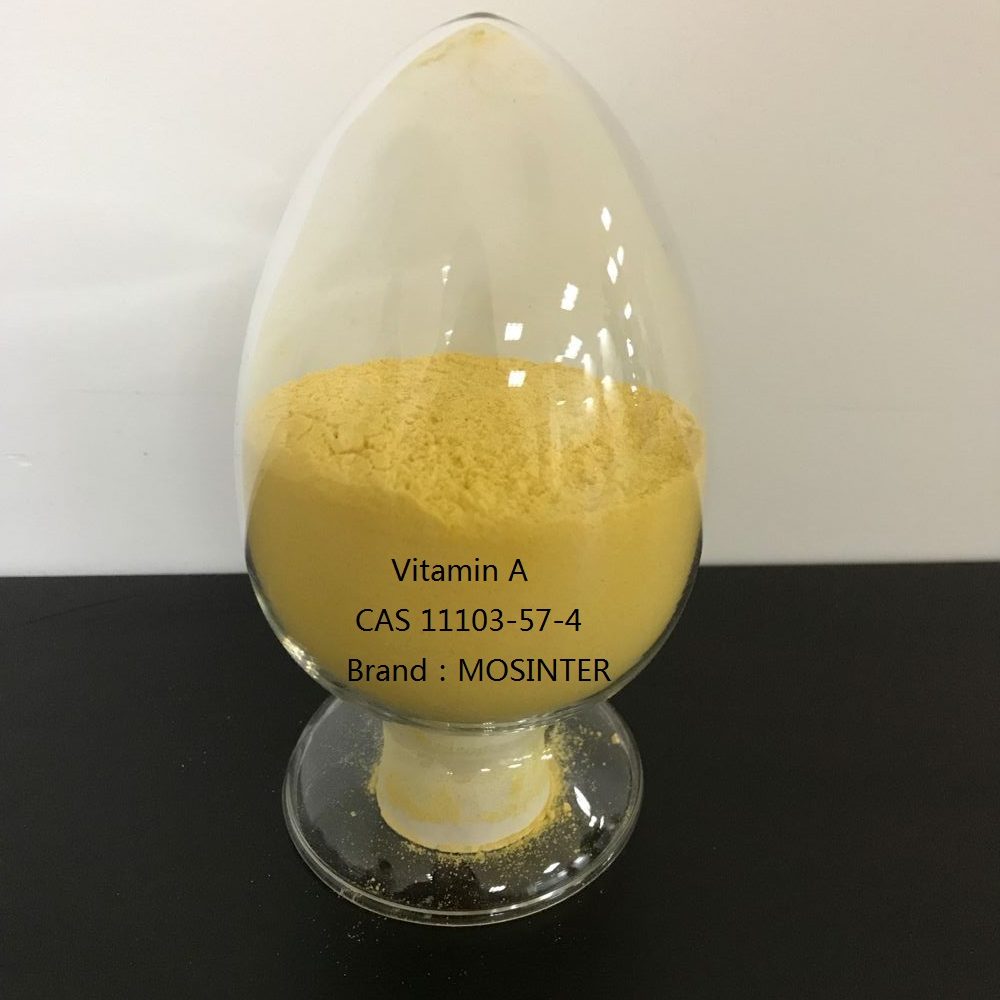
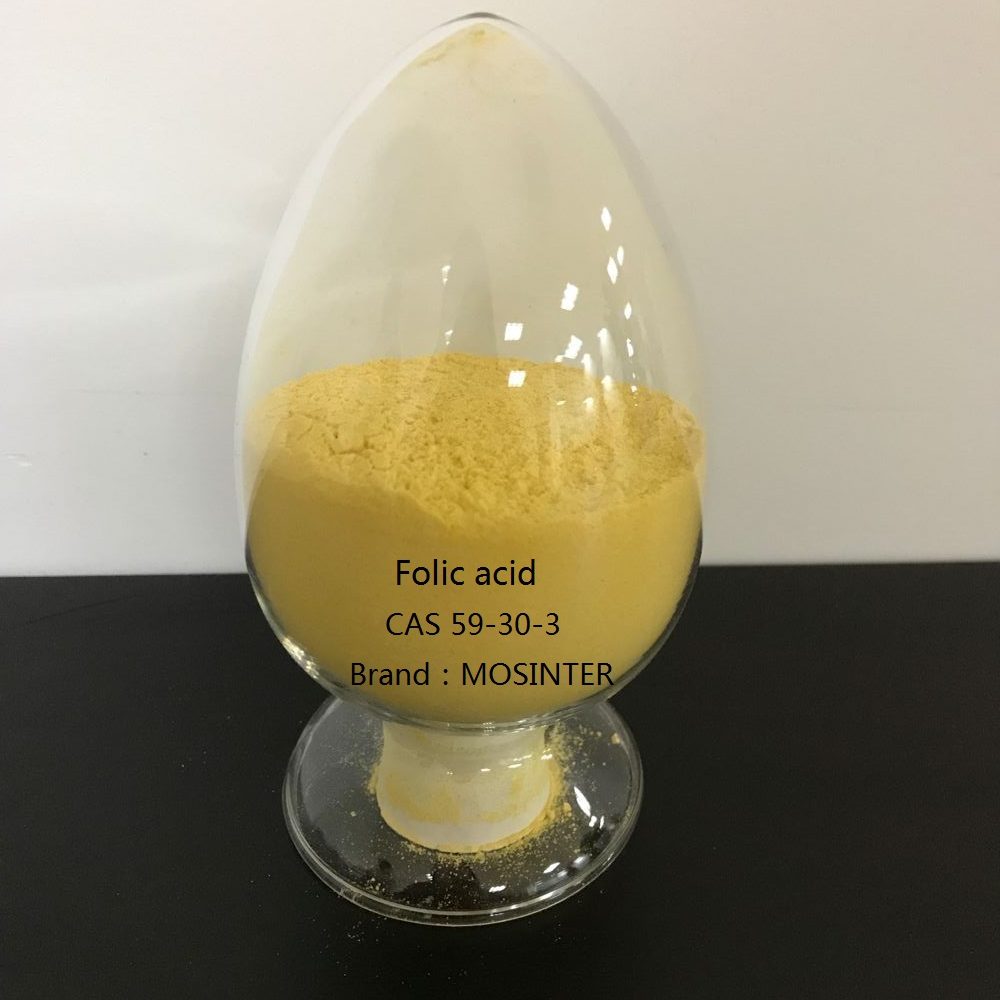
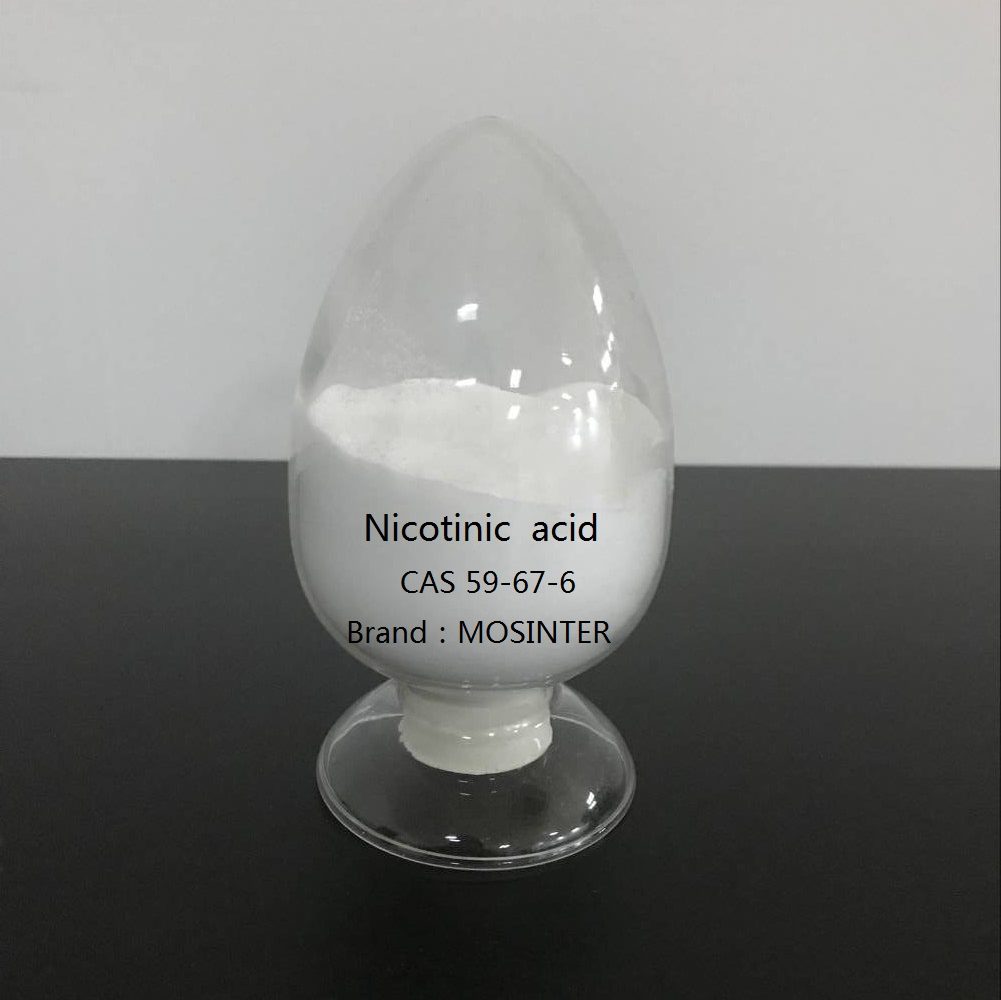
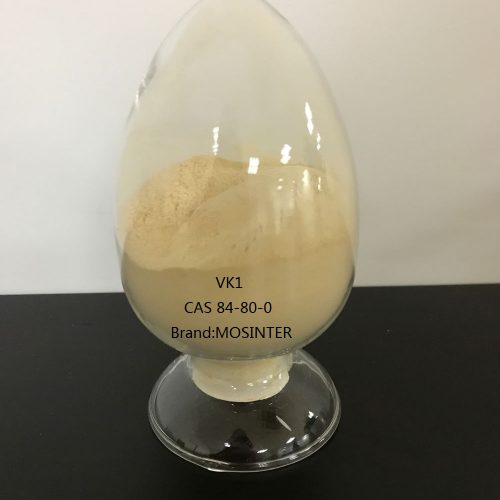
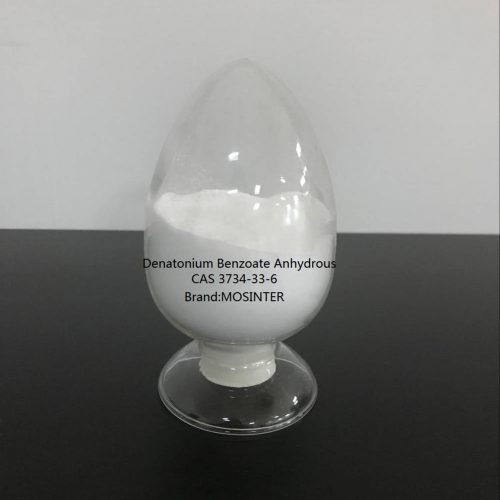
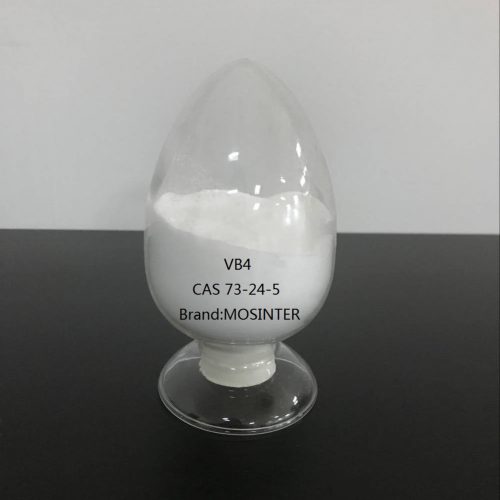
Reviews
There are no reviews yet.